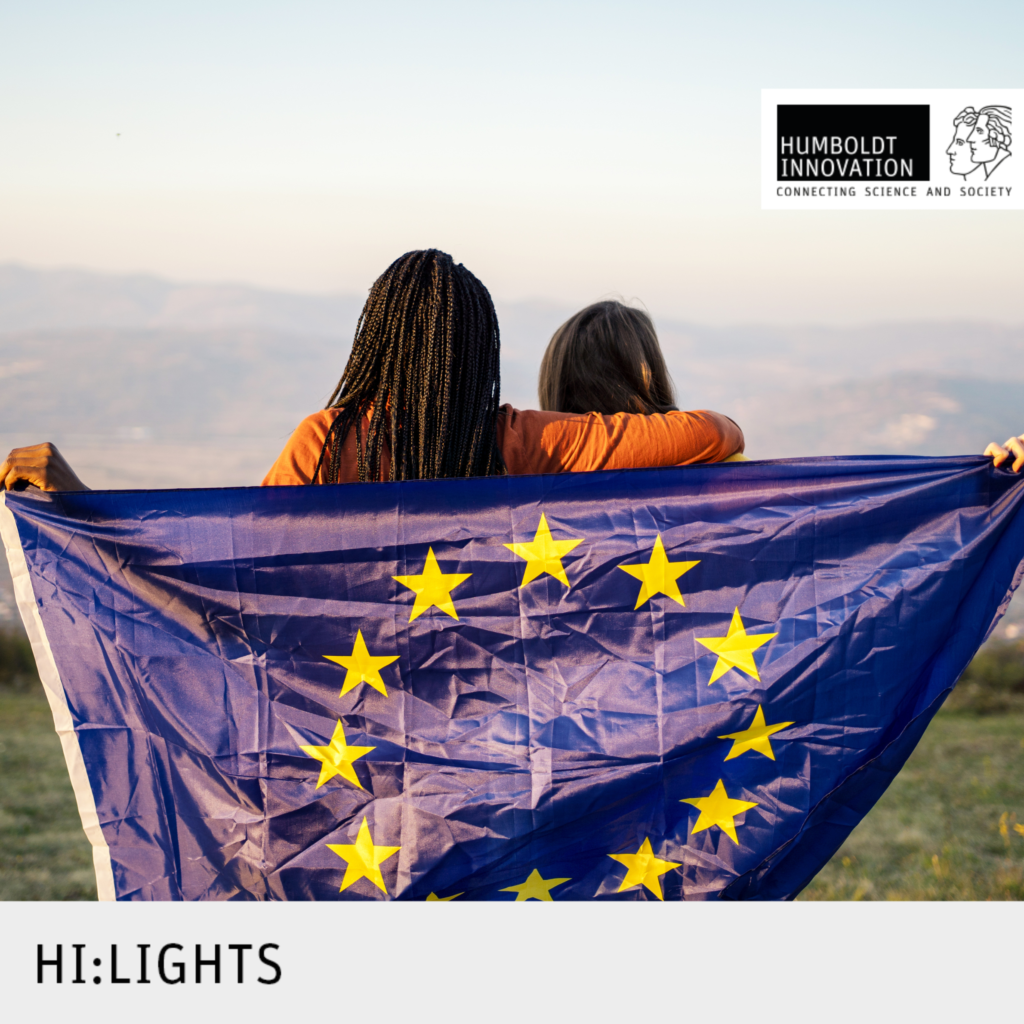Threat unites

From European Coal and Steel Community to EU
Two devastating world wars shaped the first half of the 20th century, leaving Europe and other parts of the world in ruins. Seven years after the end of the war, in 1952, France, Germany, Italy, and the Benelux countries laid the crucial foundation for a new European beginning by founding the European Coal and Steel Community. This later evolved into the European Union in 1993 through the Maastricht Treaty. Today, the EU comprises 27 countries and is globally regarded as the most successful example of regional integration: EU citizens can travel through neighboring countries without a visa, work or live there, and member states benefit from close economic ties within the single market, along with numerous other advantages.
Criticism of major political project
Given all these benefits, wouldn’t it seem far-fetched to reject the EU and return to fully sovereign nation-states? While many indeed consider this idea absurd, others still long for exactly that: the abolition of the EU. For several years now, criticism of the supranational organization has been growing: citizens complain about a democratic deficit and tend to identify more strongly with their national identity than as EU citizens. Many also criticize the EU as a project driven solely by elites, failing to adequately represent the interests of ordinary people. Within these critical voices, a clear divide emerges: social democratic, green, left-leaning parties, and much of the political center support the grand political project, while conservative and right-wing parties tend to take a Euroskeptic or outright hostile stance.
GovLab project on approval ratings towards the EU
As an unprecedented supranational institution, the EU is a constant subject of political science research. At the Humboldt Governance Lab of Humboldt University in Berlin, the organization is also regularly examined. Professor Dr. Heike Klüver, head of the HGL and lecturer at HU, together with Dr. Asli Unan from the University of Amsterdam, studied how EU citizens’ attitudes toward the EU have been influenced by Russia’s war of aggression. For their research project, the scholars used data from the Eurobarometer, collected between February and April 2022 from over 26,000 EU citizens (aged 15 and older, representative sample). Thanks to the large sample size, the researchers were able—unlike other scholars who only captured public opinion in countries bordering Russia—to assess the war’s impact on citizens’ views across all EU member states.
More support for EU
So, what are the results of the study? They show that support for the EU among citizens has increased since the Russian invasion. On average, the war led to an increase of about 4 percent in support, which continued in the weeks following the invasion. Interestingly, support for the EU rose not only in states that border Russia and are therefore more directly threatened, but across all EU member states.
“Rally around the flag” effect: greater unity through regional conflicts
Thus, the study could be seen as evidence of the “rally around the flag” effect, where regional conflicts foster greater unity within supranational organizations. This is also supported by theories from social identity research, which suggest that external threats enhance group identity (Tajfel and Turner, 1979; Hogg, 2016). In addition to a stronger identification as Europeans, more people now appear to view the EU as a vital security actor during times of conflict.
Criticism from the left
While overall support has increased, the study also notes a rise in critical voices from left-leaning citizens—traditionally among the EU’s core supporters—since the Russian-Ukrainian war.
As a result of both developments, the ideological gap between left- and right-leaning Europeans has narrowed somewhat. Fundamentally, the researchers conclude that attitudes toward the EU are strongly influenced by political ideology and age, with the youngest age groups showing the highest levels of support.
Public opinion determines the continued existence of the EU
Since public opinion is crucial for the survival of supranational organizations like the EU, it is particularly important to regularly examine EU citizens’ views. It appears that war on European soil has led to greater unity among the European population. People have realized that they benefit significantly from the EU in terms of security and may now be more inclined to identify with their status as EU citizens.
Read the full study here: Europeans’ attitudes toward the EU following Russia’s invasion of Ukraine | Political Science Research and Methods | Cambridge Core
Explore more projects from the Humboldt Governance Lab: HUMBOLDT-GOV.LAB / PROJECTS
